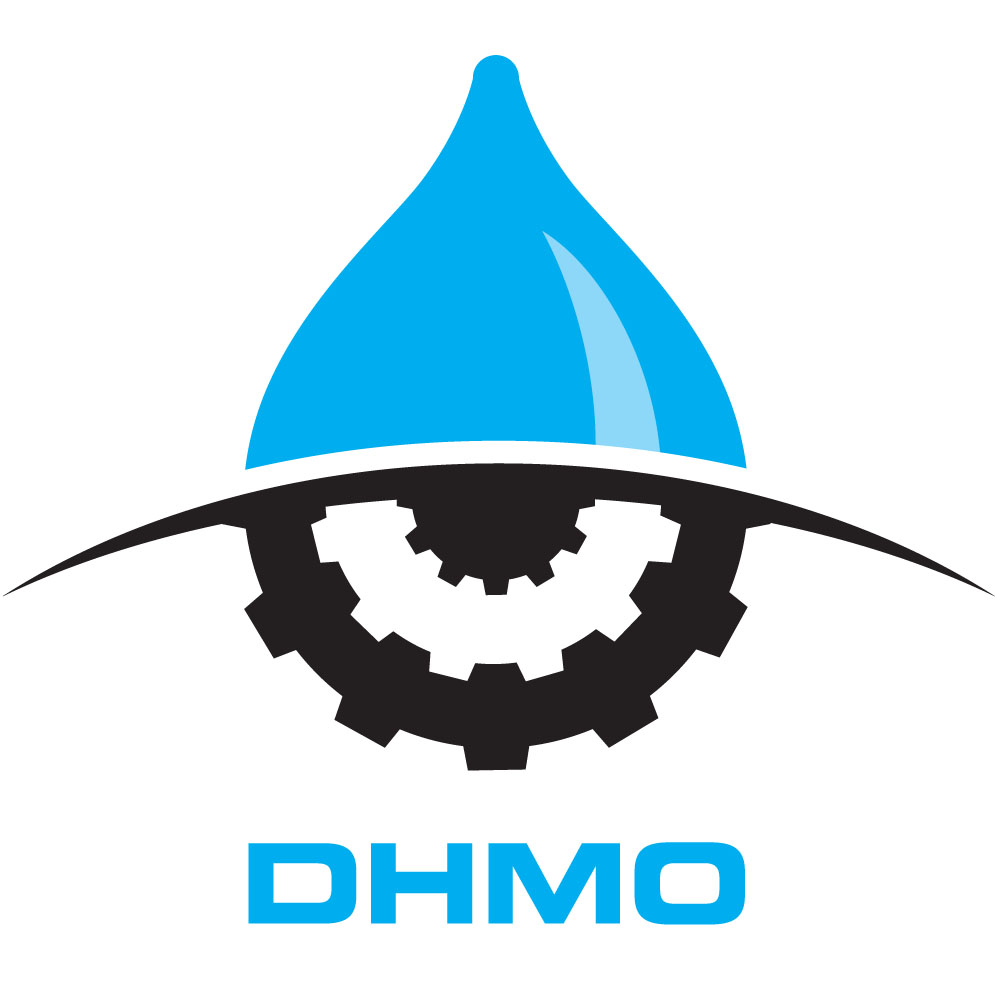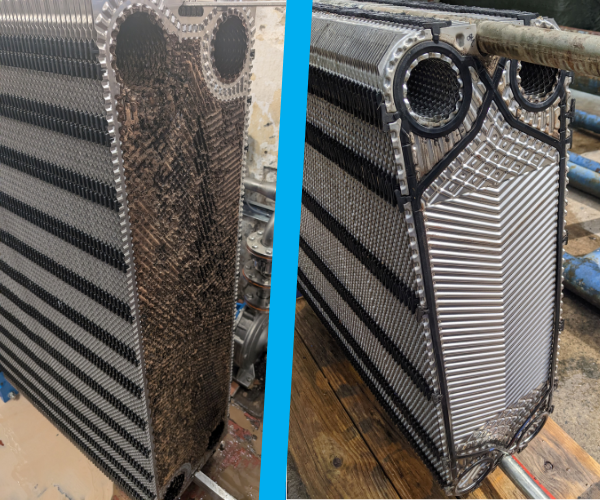How often should you Clean a Heat Exchanger? Heat exchangers are critical components in many industries. Over time, the systems accumulate dirt, scale, and other deposits that can reduce efficiency and increase energy costs. But how often should you clean a heat exchanger to keep it running optimally? Unfortunately, there’s no one-size-fits-all answer to this, … Read more
News
Can a heat exchanger be repaired? As a heat exchanger servicing company, DHMO understands the importance of keeping your equipment in top-notch condition. In this blog, we will explore the question, “Can a heat exchanger be repaired?” and provide you with valuable insights. Heat exchangers play a crucial role in various industries, such as chemical … Read more
We have moved As of 12th August 2024, our HQ has relocated to Badentoy Crescent, Portlethen, Aberdeen, AB12 4YD. Our new contact number is 01224 049 094. Our full contact details can be viewed here. Please contact us if there’s anything we can help with.
What is a Lamella Clarifier? Sometimes referred to an Inclined Plate Settler (IPS), a Lamella Clarifier is an unpressurised system used to remove particulates from liquids. Lamella Clarifiers are usually used in primary water treatment as an alternative to conventional settling tanks. The process The clarifier has several closely spaced flat plates that are positioned … Read more
Smart wastewater management within breweries can not only have a positive impact on the environment, but it can improve efficiency and increase profitability too.
Alfa Laval – a world leader in heat transfer, centrifugal separation and fluid handling – has today announced the appointment of DHMO as their latest Service Partner in the United Kingdom.
Whisky is famous the world over and Scotland’s distilleries which make it are an important part of the national economy – as visitor attractions as well as for the tax income and jobs whisky sales generate.
One of the reasons Scotch whisky is so good is thanks to the quality of the Scottish water which goes into it. So distilleries can and are doing what they can to minimise waste of that abundant natural resource.
Dissolved Air Flotation (DAF) is a highly-effective means of reducing Total Suspended Solids (TSS), Biochemical Oxygen Demand (BOD) and Chemical Oxygen Demand (COD) and Fats, Oil and Grease (FOG) in wastewater.
In offshore drilling, as with any type of drilling, cuttings are generated. They are a particular problem in this context because they cause wear on the very expensive drill bit and, if not dealt with, would lead to the need to replace it more often, at significant cost.
Drilling mud is used to keep these cuttings in suspension and allows them to be carried to the surface for separation from the mud and disposal. The filtered mud can then be reused.
Saving water to reduce costs and protect the environment is always a good idea for your business, but because of the need for much higher levels of regular handwashing to fight the spread of Covid-19, many businesses will be using more water during these times, just when they need to be minimising their bills to safeguard their futures.

